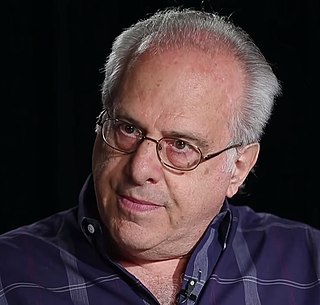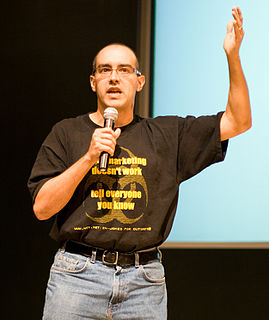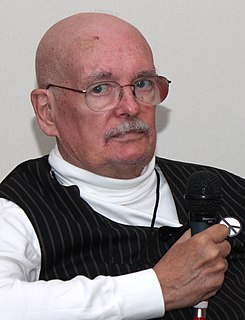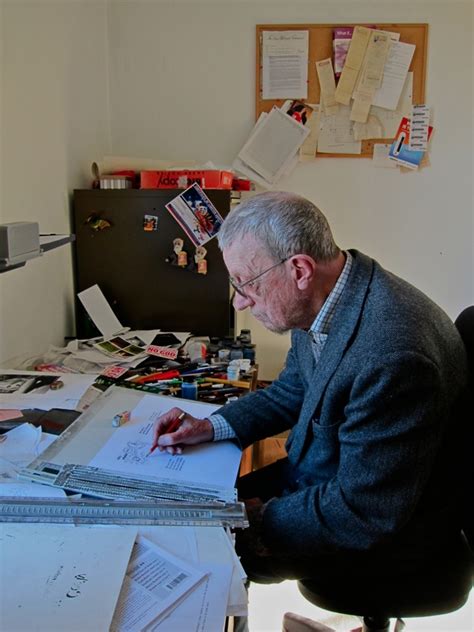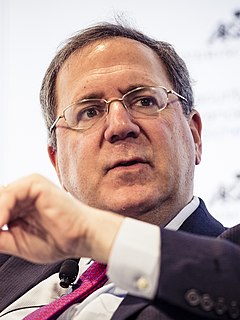Top 994 Venture Capitalists Quotes & Sayings
Explore popular Venture Capitalists quotes.
Last updated on December 21, 2024.
Generally speaking, experience counts for something. So you'd expect entrepreneurs who've been through the ups and downs of a tech startup to have an advantage over the newcomers. Or at least have an equal chance at success. But in fact the opposite may be true. A number of venture capitalists I've spoken with have said that too many "old guard" entrepreneurs are not being bold enough in their business decisions, and it's hurting their startups.
A startup job is an investment, after all: Venture capitalists may wager money, but you're staking something more precious - your time. And unlike VCs, you can't spread your risk by betting on a bunch of companies at once. Start with TAM. That's 'total addressable market,' and if it's not big enough, there's no point in talking.
We weren’t trying to strike it rich with Firefox. It’s open source and it’s free. We weren’t trying to take over the world; we had kind of modest goals, and it was OK if it failed. We were a lot freer to make risky decisions. If you can afford to do things that way, it’s just so much better. You’re not thinking about venture capitalists or marketing or sales. Just product and users, all day every day.
You've got athletes who are politicians, venture capitalists, musicians, rappers, etcetera. It's becoming more of a popular thing to have other interests outside of basketball, and I think that's normal. Just like when people work day jobs, they have interest in sports, they do investments, they do all these other types of things.
We have the greatest resource universities in the world, the only place in the world. We have the most productive workforce in the world. We have the most agile venture capitalists in the world. We have a situation where right now in the United States of America, we are near energy independent. North America is beginning to be the epicenter of energy. What is it that makes people think that this is not going to be the American century? I don't get it.
Most startup entrepreneurs unnecessarily spend half their time and give up half their equity in search of funding from angel investors and venture capitalists. Tens of millions of dollars are available to them for free from partners who not only don't want their equity, they don't even want to be paid back.
That first company I started made a lot of money for the venture capitalists - nearly $30 million - but next to nothing for the founders. The companies I started after that varied between failures and mediocre successes. But at no point did I ever consider getting a 'real job.' That felt like a black and white world, and I wanted Technicolor.
Harvard and Yale concentrated with venture capitalists that got the best calls and brainpower. Very few firms made most of the money, and they made it in just a few periods. Everyone else returned between mediocre and lousy. When returns happened, envy rippled through institutional money management. The amount invested in venture capital went up 10 times post-1999. That later money was lost very quickly. It will happen again. I don't know anyone who successfully resists this stuff. It becomes a new orthodoxy.
As a rule, large capitalists are Republicans and small capitalists are Democrats, but workingmen must remember that they are all capitalists, and that the many small ones, like the fewer large ones, are all politically supporting their class interests, and this is always and everywhere the capitalist class.
Outsiders think of Silicon Valley as a success story, but in truth, it is a graveyard. Failure.. is Silicon Valley's greatest strength. Every failed product or enterprise is a lesson stored in the collective memory of the country. We not only don't stigmatize failure, sometime we even admire it. Venture Capitalists actually like to see a little failure in the resumes of entrepreneurs.












